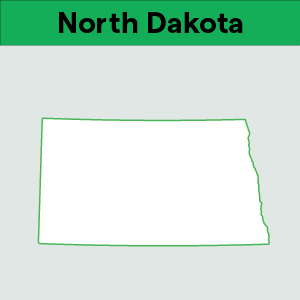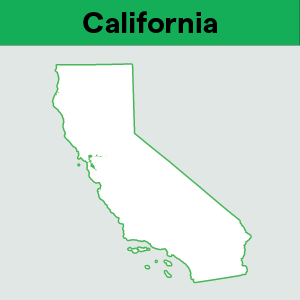What to do when you receive a resale certificate
by January 24, 2025
Resale certificates allow retailers to buy products for resale without paying tax. You yourself may use a resale certificate when buying products to sell. But you may also receive a resale certificate from a customer from time to time.
You should use caution when processing a resale certificate from a buyer. If, for whatever reason, the resale certificate turns out to be invalid and you didn’t charge sales tax, you could end up on the hook to pay that sales tax out of pocket.
Let’s dig into resale certificates and what you do when you receive one.
What is a resale certificate and who can use them
A retailer can use a resale certificate to buy products that she plans to turn around and sell at retail or use as component parts of a product you plan to sell at retail. As with everything sales tax, each state has different rules and policies when it comes to resale certificates. This post will talk about general guidelines, but you should always check out your own state’s policy on resale certificates before using one yourself or accepting one from a buyer. You can find sales tax information by state here.
Just like sales tax permits, these documents can go by a few names: resale certificates, resale licenses or reseller’s permits. Also, resale certificates may not be what you’d think of as a traditional “certificate.” Some states issue a certificate, but some – like California – do not. If the state doesn’t give out a resale certificate, retailers can print resale certificates from templates online or even buy blank pads at an office supply store.
Keep in mind that resale certificates cannot be used for things that will be consumed in the normal course of business (like coffee or napkins for the warehouse.) Resale certificates should only be used to purchase items for resale or component parts that will be used in items for resale.
Also keep in mind that you can make the business decision not to accept resale certificates or purchases from resellers. Some large stores, like Target, don’t accept purchases from resellers. (If you are the reseller and the merchant you are buying from doesn’t accept your resale certificate, you can always try to recover the sales tax you paid on an item you intended to resale when filing your state sales tax return.)
Note for Amazon Sellers: You can choose to sell to resellers by signing up for the Amazon Tax-Exemption Program (ATEP.) If you do this, you’ll be able to retrieve your customer’s resale certificate from within Amazon.
What to do when you receive a resale certificate
When you receive a resale certificate from a buyer, you should take “reasonable measures” to ensure that the buyer’s claim that the items should be tax exempt is valid.
1.) Verify the buyer’s state registration number and expiration date – Each state department of revenue will have a place for you to verify the resale certificate number (which is also generally the same as their sales tax permit registration number.) Click here for a list of links to verify a resale certificate in every state. Be sure the certificate isn’t expired, too.
2.) Verify that the items would be sold in the normal course of the buyer’s business – Look for any signs of suspicious activity. If your buyer indicates on their resale certificate that they own a convenience store and they are trying to buy furniture from you tax free, this is an indication that the sale may be fraudulent. If it later turns out that they customer should have paid sales tax, you are on the hook to remit the sales tax you should have collected from your buyer.
3.) Keep a copy of the resale certificate for your records – Be sure to keep a copy of the information you receive from your customer. Should you ever get audited, you’ll need this information to prove that you weren’t required to charge sales tax on this sale.
Important: 12 US states don’t accept out-of-state resale certificates. So if you live in one of these states and are presented with an out-of-state resale certificate, don’t accept it. You may be on the hook to pay the sales tax you should have collected on that transaction.
Here’s a list of the 12 states that do not accept out-of-state resale certificates.
To learn more about TaxJar and get started, visit TaxJar.com.








